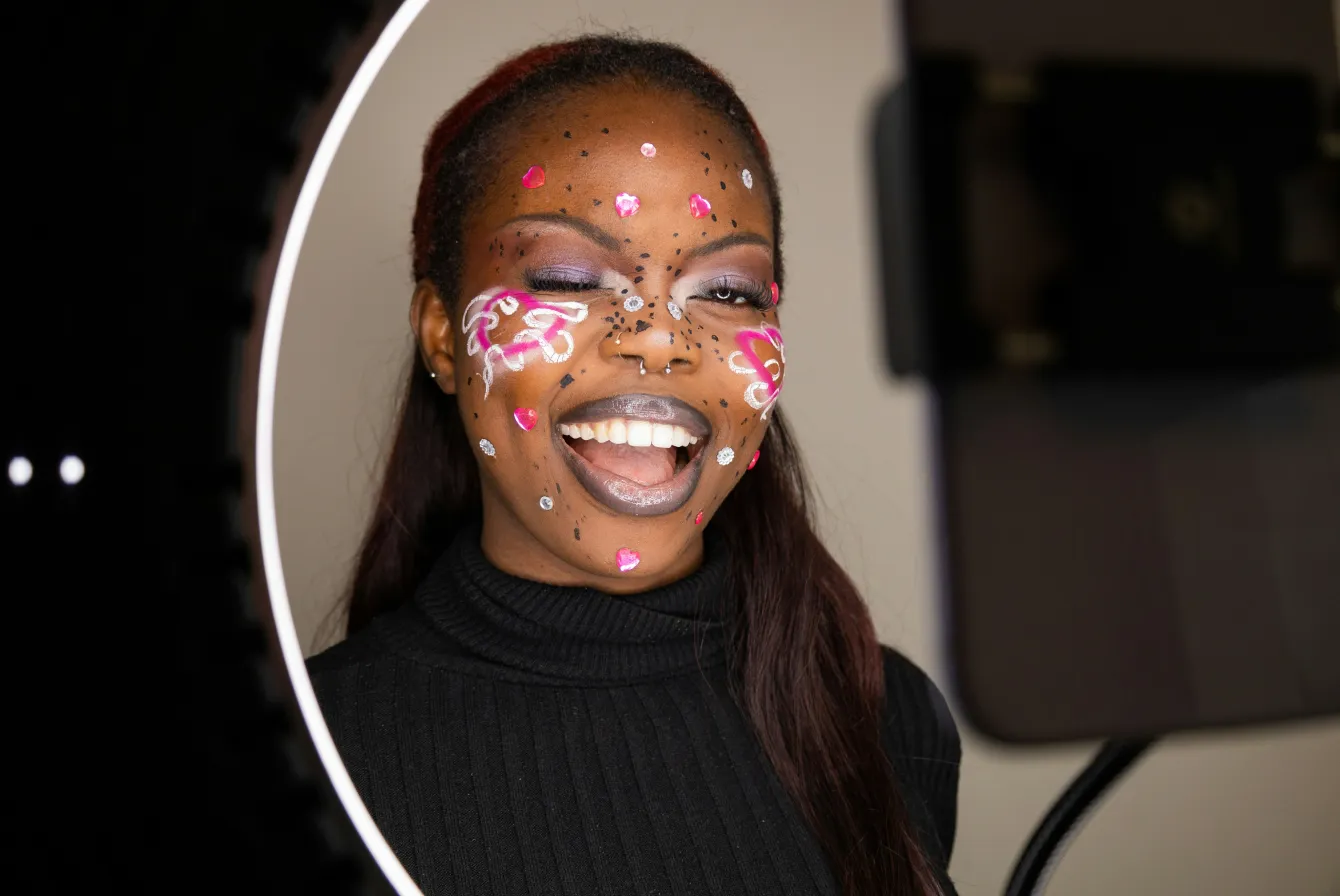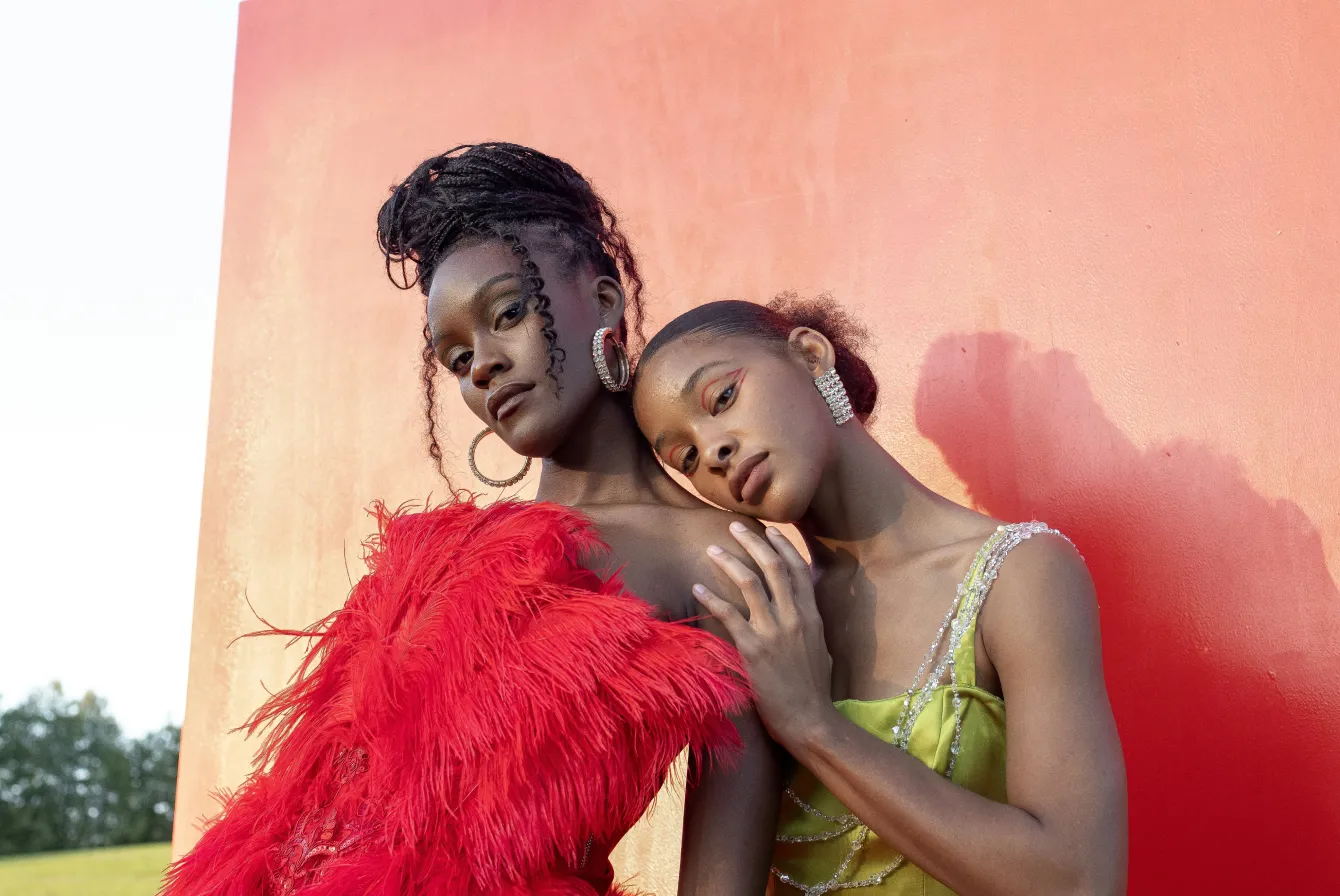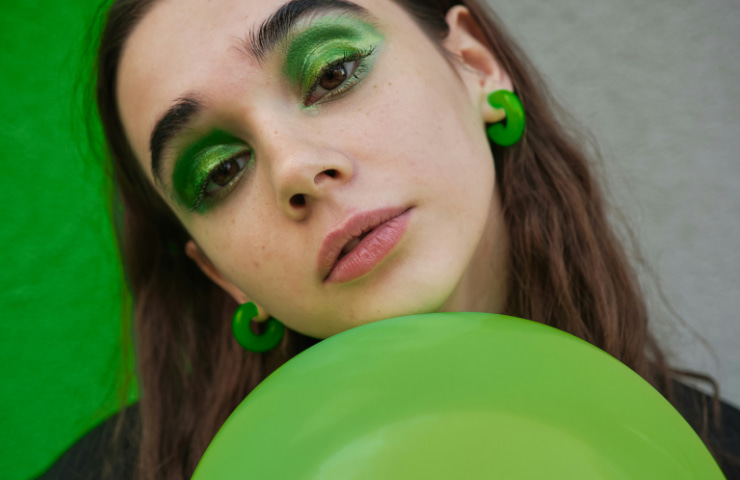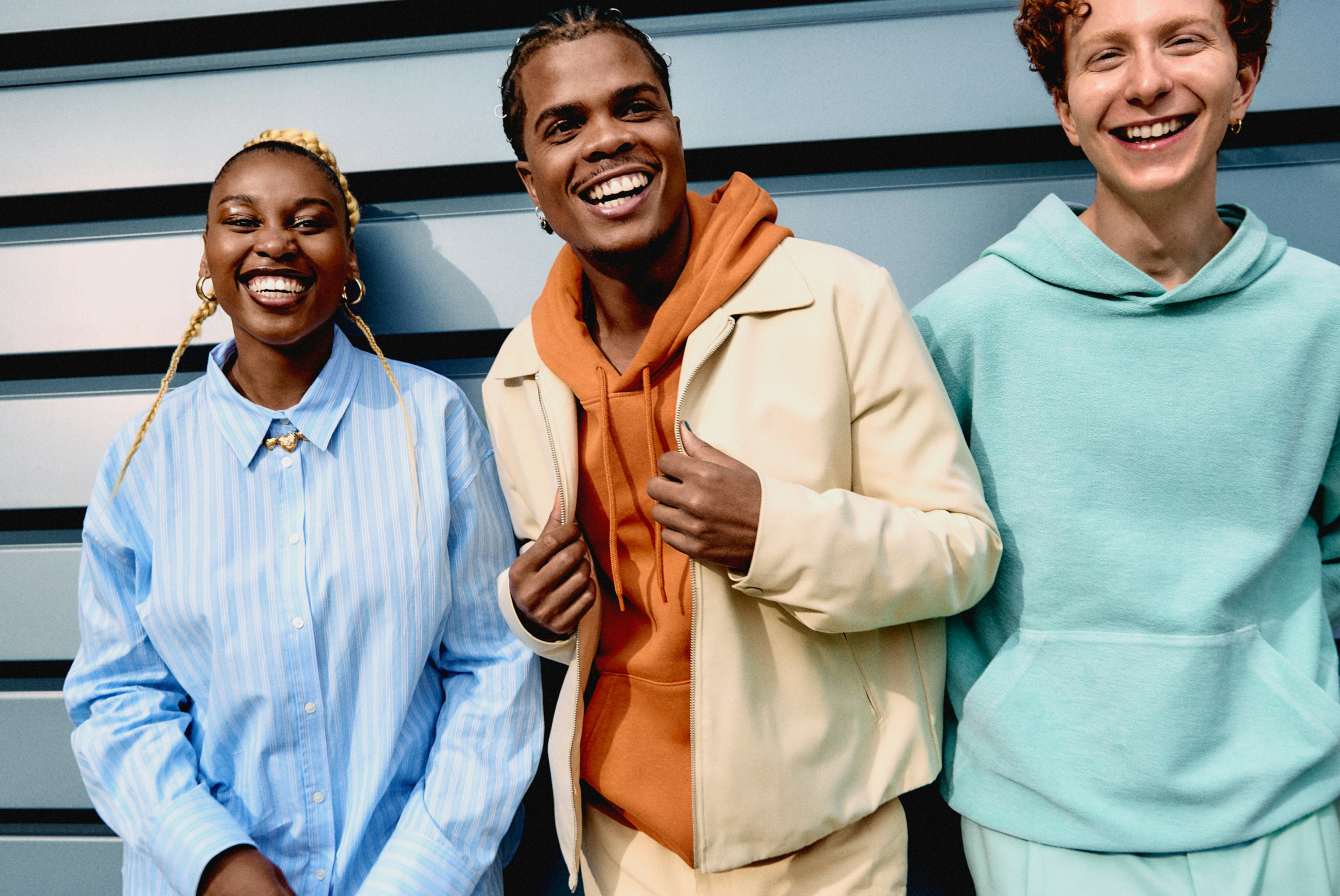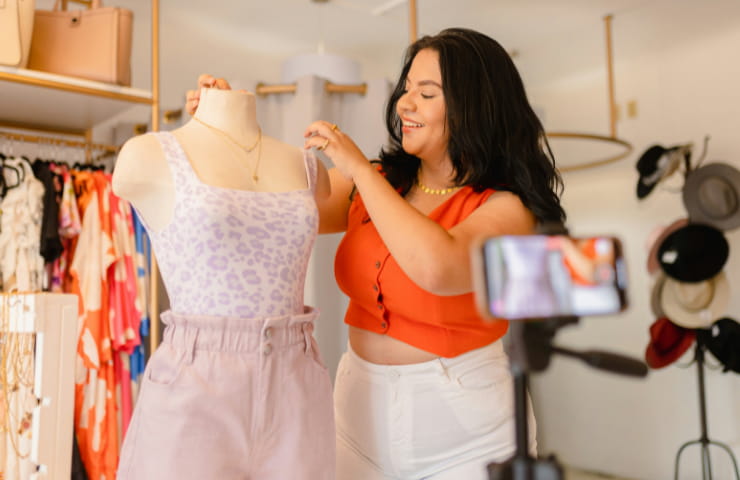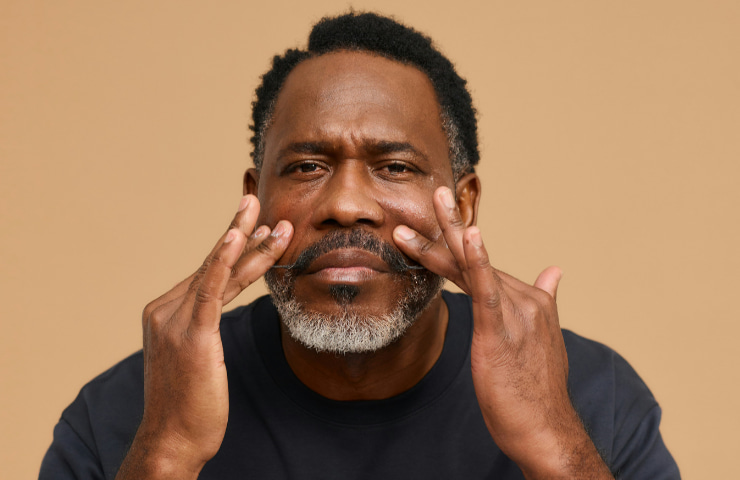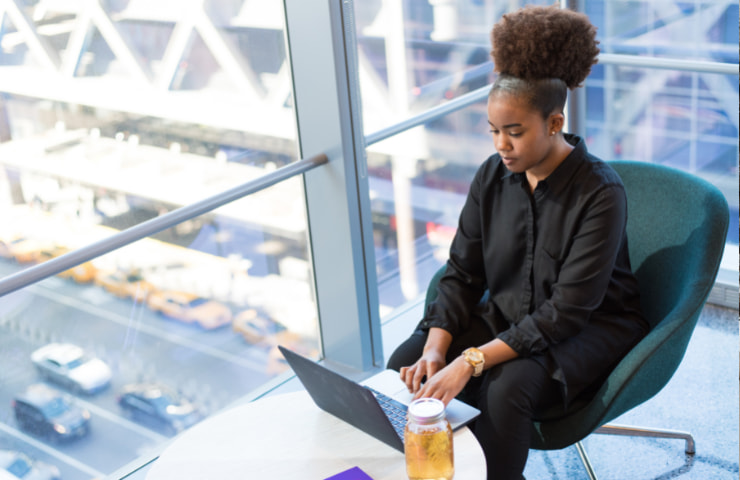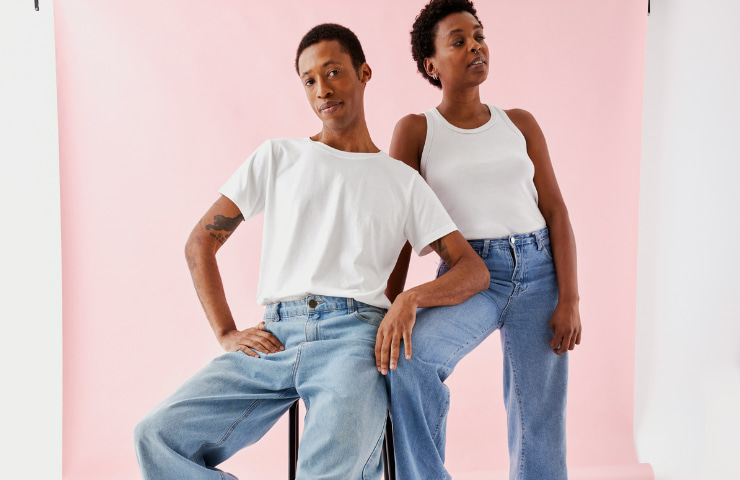Blog Directory
Thank you! Your submission has been received!
Oops! Something went wrong while submitting the form.
.jpg)
Product Innovation
Traackr Welcomes Ramzi Saba as Chief Technology Officer
by
Pierre-Loic Assayag
Read blog post
_Nick_Fancher_Photos_ID6169.jpg)
Product Innovation
Unlocking Creator Value for Global Brands in the Age of AI
by
Pierre-Loic Assayag
Read blog post
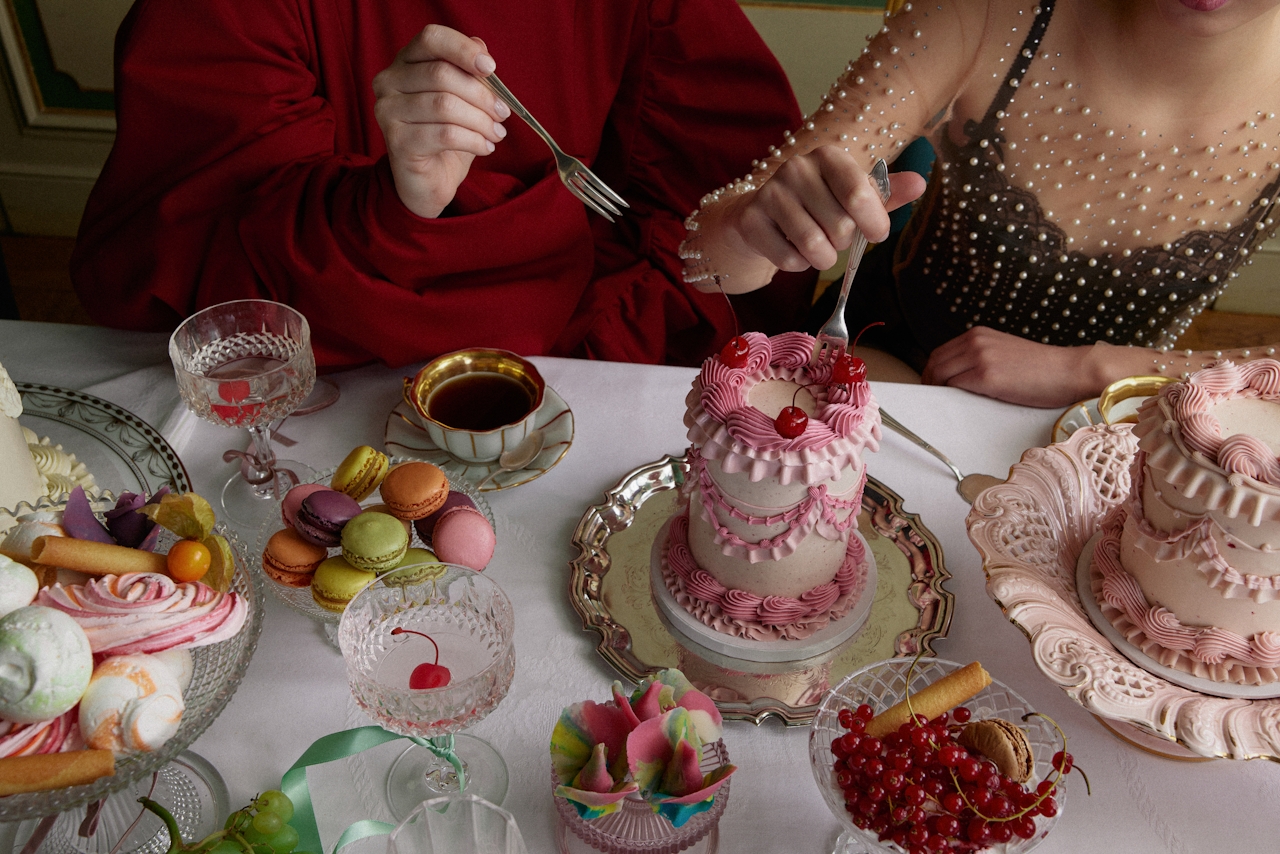
Industry Insights
The UK’s New “Less Healthy” Food & Drink Ad Rules Just Changed Influencer Marketing
by
Traackr
Read blog post
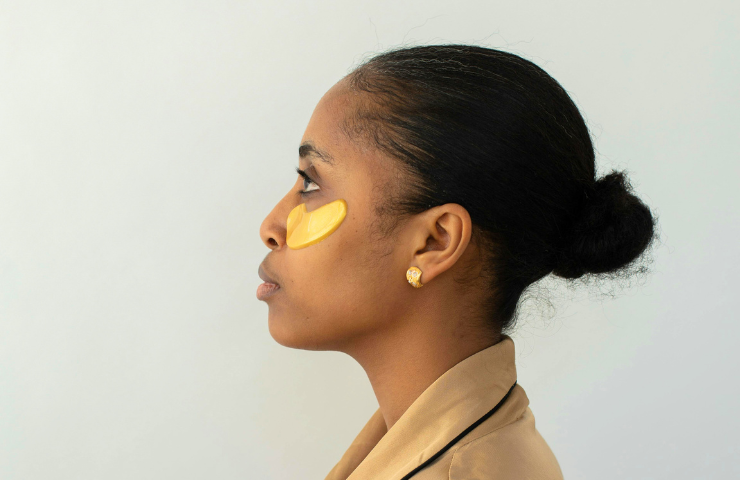
Industry Insights
Rising and Top Influencers #Over40 in the Beauty Industry
by
Olivia Osborne
Read blog post

Marketing Strategy
Leveraging Data to Future-Proof Influencer Marketing
by
Antoinette Siu
Read blog post
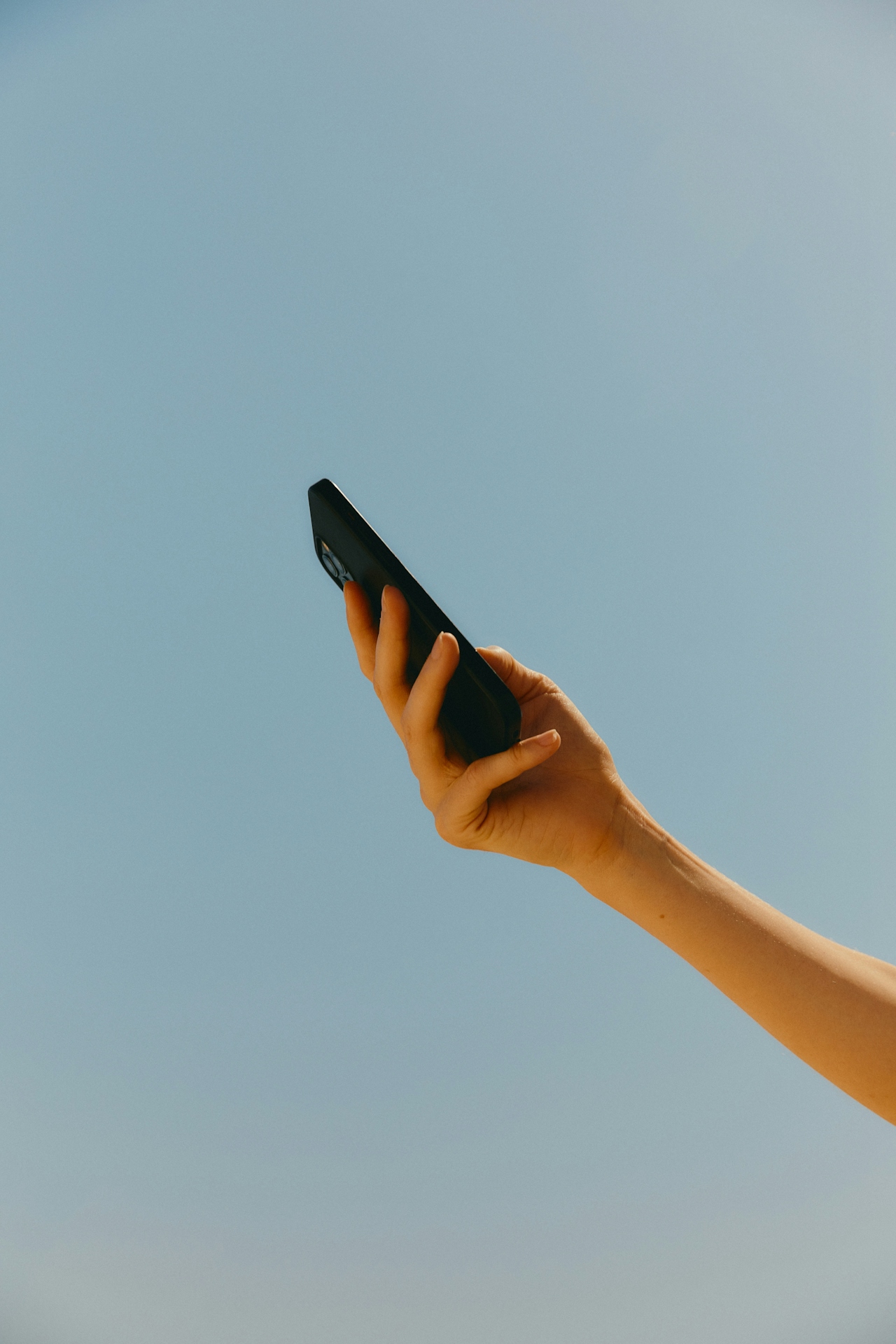
Industry Insights
TikTok’s U.S. Algorithm Shift: How Brands Can Evolve Their Influencer Strategy
by
Holly Jackson
Read blog post
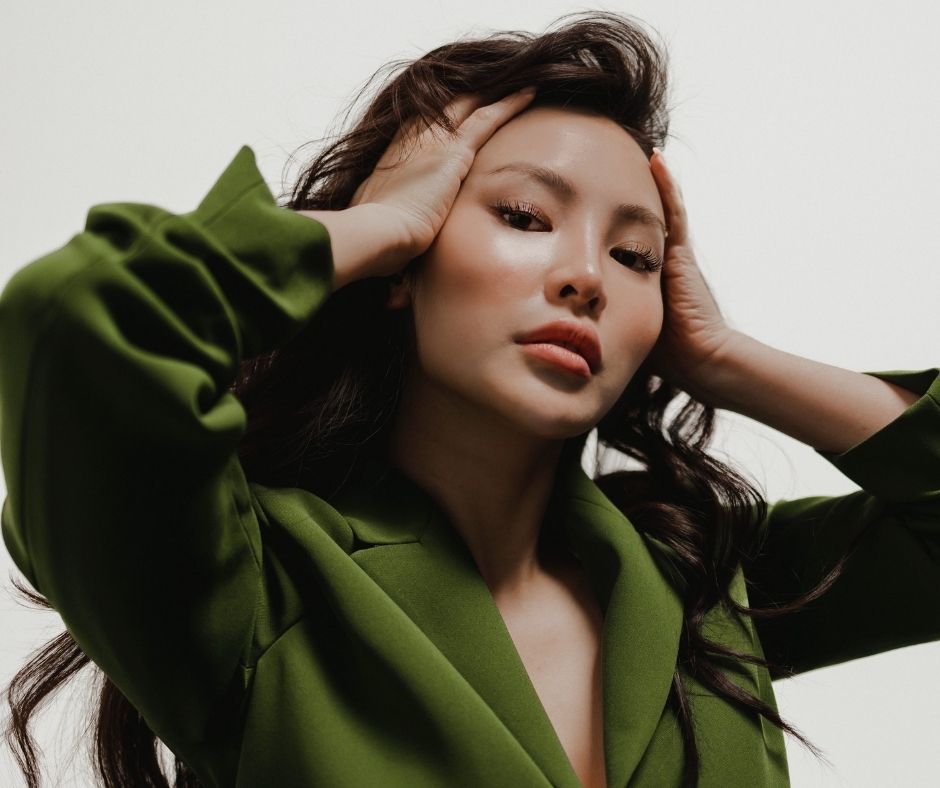
Product Innovation
Evaluate Creator Content Fit in Seconds with Traackr’s AI Content Summaries
by
Traackr
Read blog post
.png)
Marketing Strategy
Mastering YouTube Creator Marketing: Why YouTube Converts Confident Shoppers
by
Olivia Osborne
Read blog post
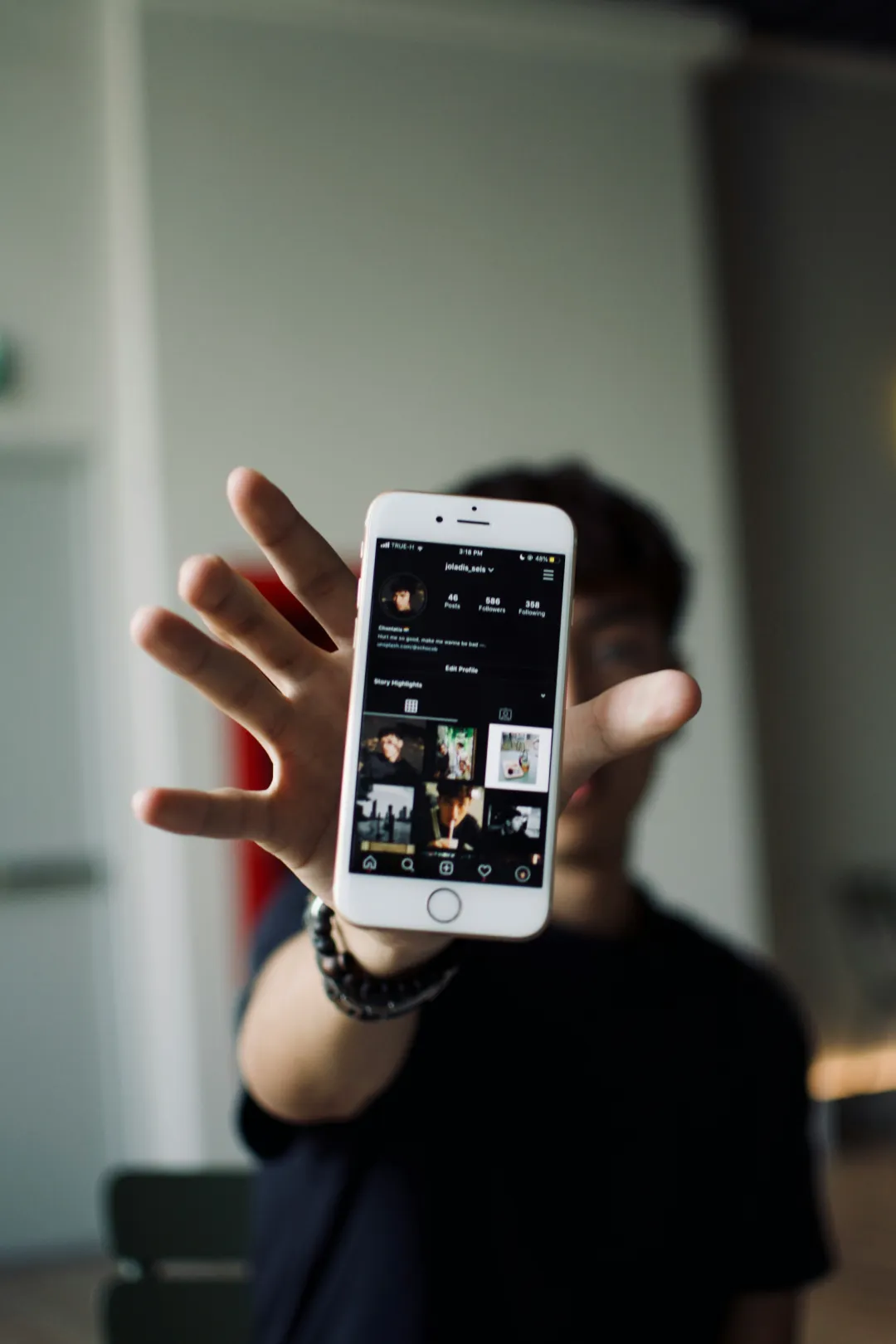
Marketing Strategy
From Vetting to Crisis Response: A Creator Risk Management Framework
by
Miakel D. Williams
Read blog post

Marketing Strategy
Precision Data Is the New Creator Marketing Superpower
by
Antoinette Siu
Read blog post
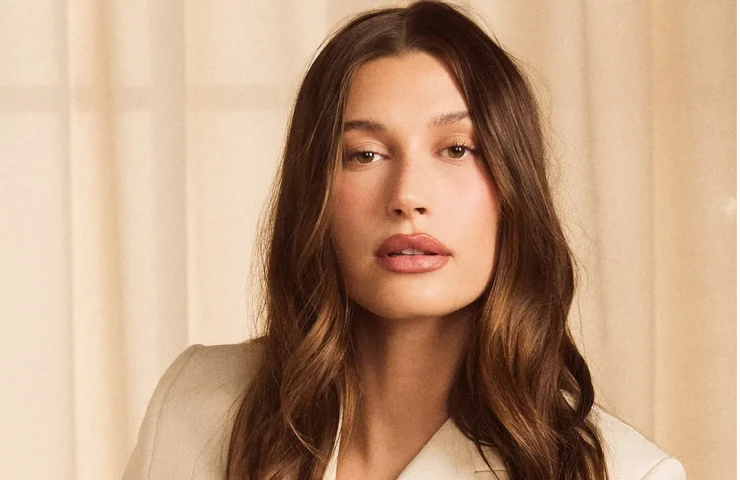
Success Stories
Beyond the Celebrity: How Rhode Skincare Built a Scalable Creator Ecosystem
by
Traackr
Read blog post
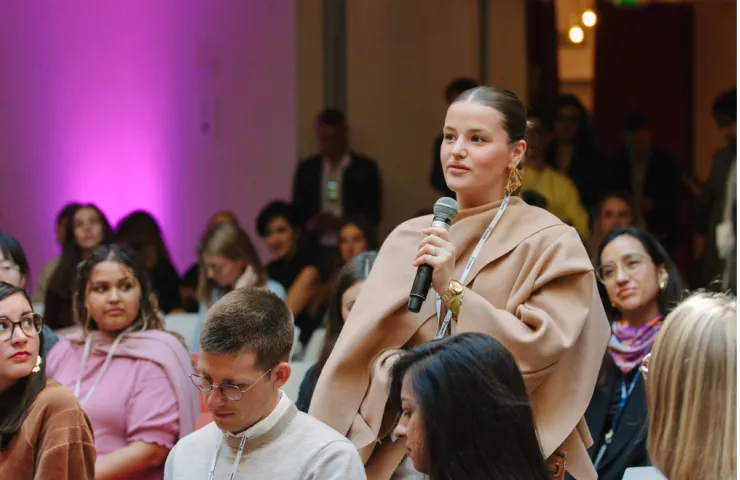
Marketing Strategy
How Leading Brands Are Scaling Creator Advocacy: Insights From IMPACT
by
Traackr
Read blog post

Marketing Strategy
Why Creator Pay Transparency Is a Smart Strategy for Brands
by
Traackr
Read blog post

Marketing Strategy
5 Strategies To Build Impactful Creator Partnerships: Insights From Top Influencers
by
Olivia Osborne
Read blog post

Marketing Strategy
The Enterprise Playbook for Creator Marketing at Scale
by
Pierre-Loic Assayag
Read blog post

Marketing Strategy
Top Influencer Marketing Strategy Tips From L’Oréal, NYX Cosmetics and Neutrogena
by
Read blog post

Success Stories
Top Black Owned and Founded Beauty Brands in Influencer Marketing
by
Traackr
Read blog post

Marketing Strategy
Preparing Your Influencer Strategy for the Potential TikTok Ban
by
Holly Jackson
Read blog post

Marketing Strategy
CMO Strategy: 5 Golden Marketing Opportunities to Take Your Brand to the Next Level
by
Pierre-Loic Assayag
Read blog post
%25252520(1).png)
Industry Insights
Rising and Top Influencers #Over40 in the Fashion Industry
by
Olivia Osborne
Read blog post

Marketing Strategy
Influencer Marketing Measurement: Why EMV Falls Short and How VIT Offers a Better Alternative
by
Traackr
Read blog post
Level up your creator marketing expertise
Get industry insights and updates straight to your inbox.
Subscribe
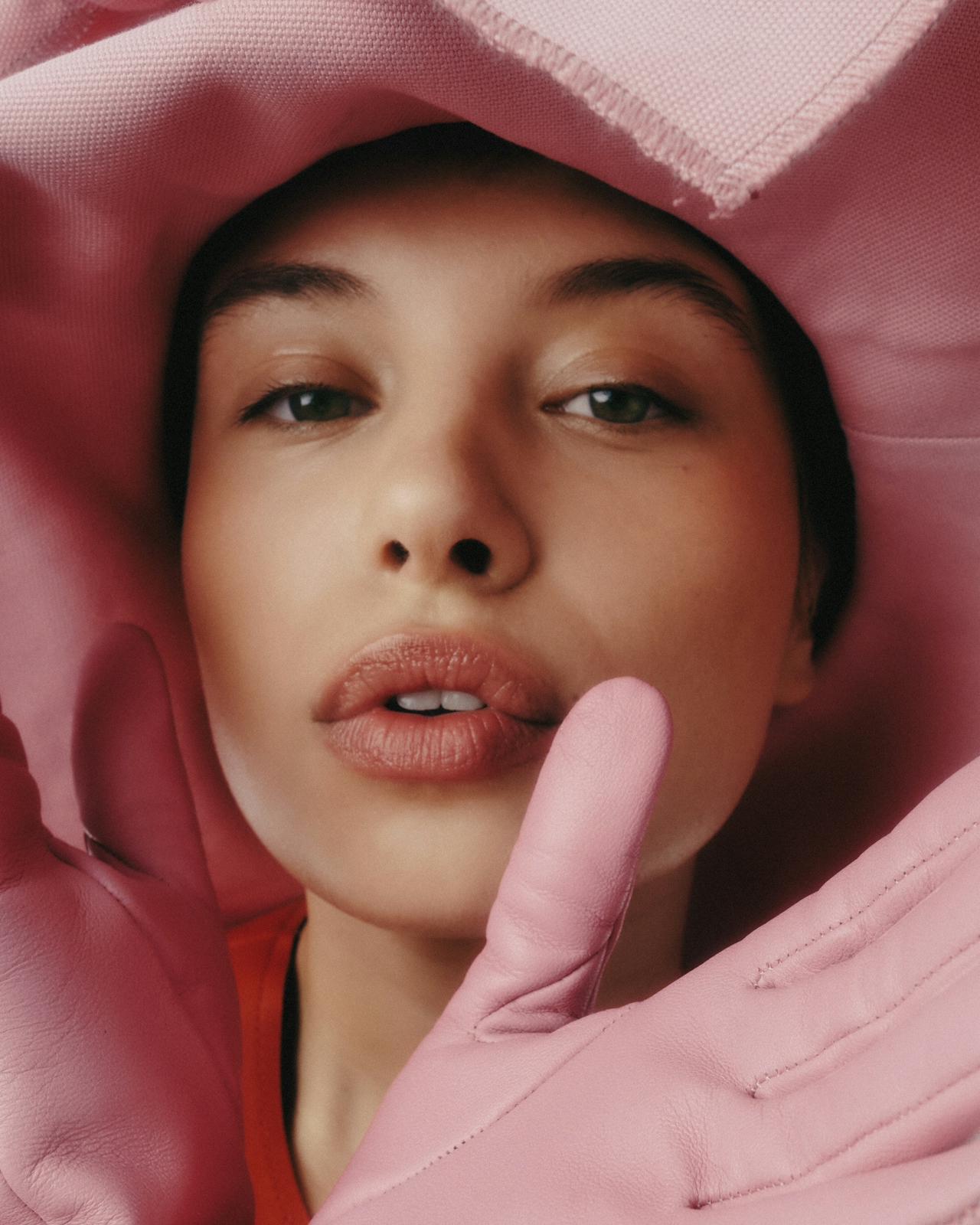


%25252520(1).jpeg)
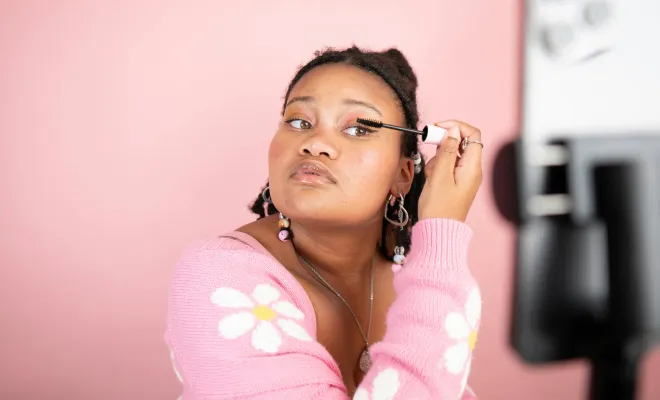
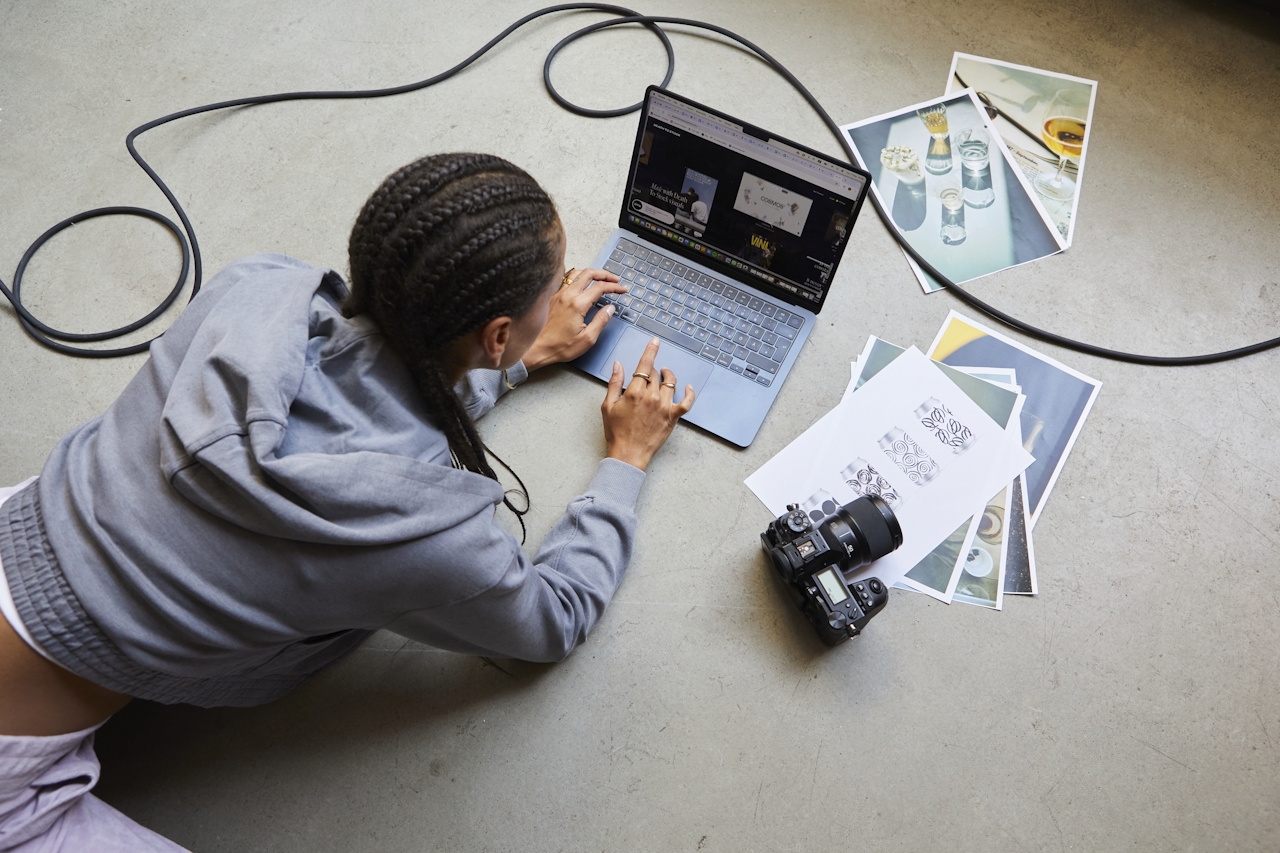
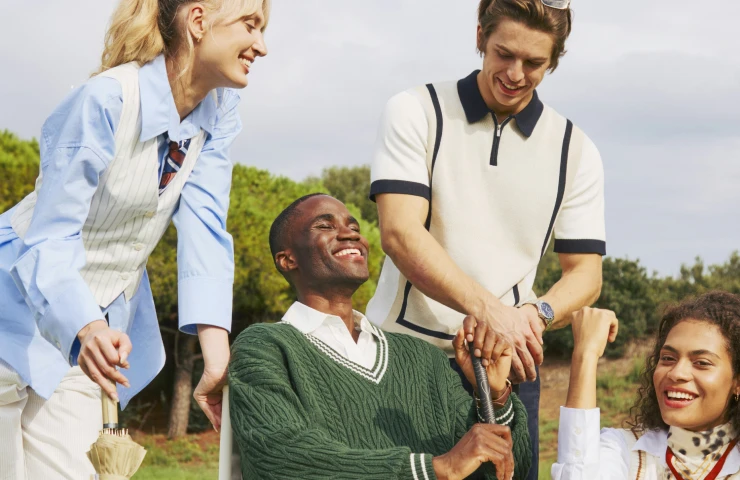
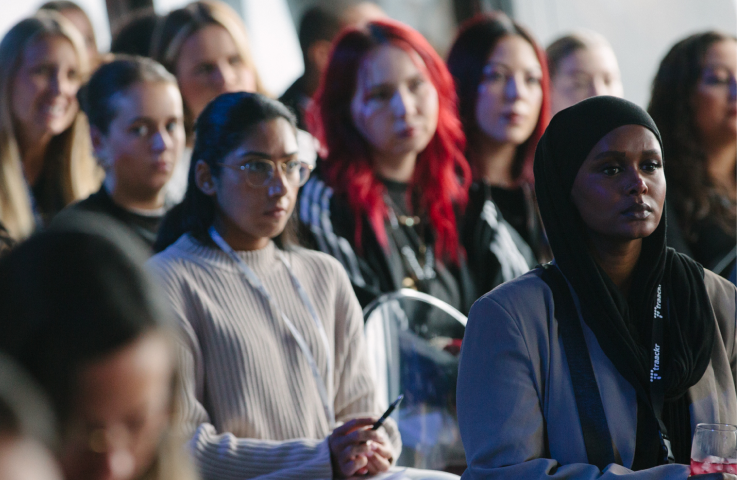
.jpeg)
